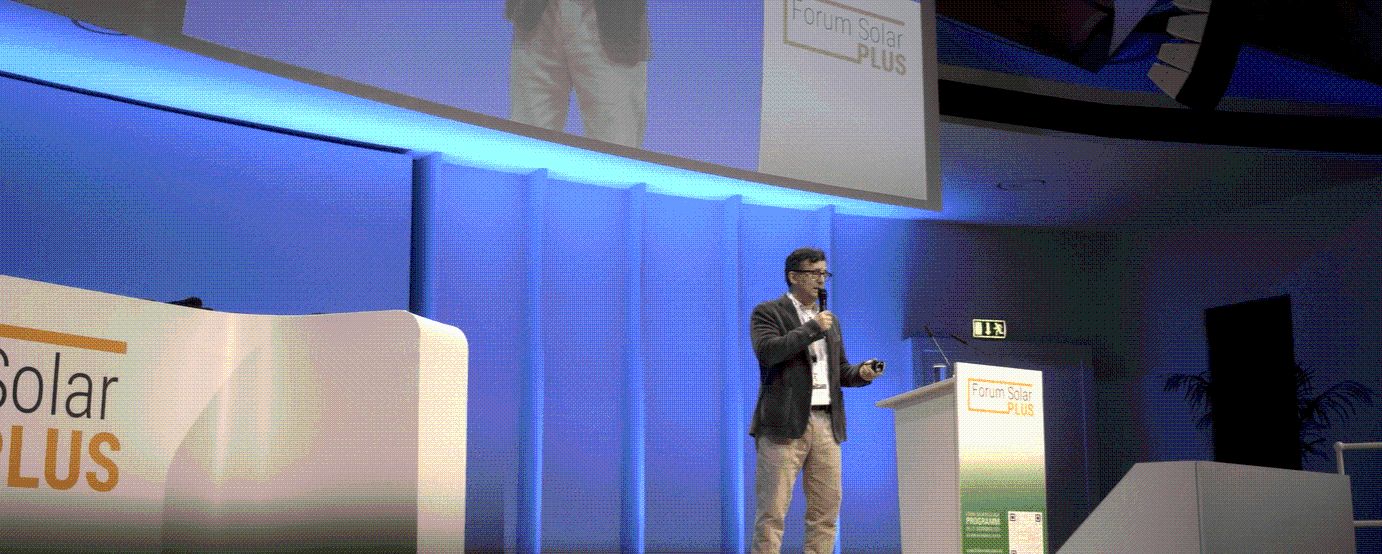SolarPlus Forum 2025 Review: A Clear Look at Germany’s Evolving Solar Landscape
SolarPlus Forum 2025, held at the bcc Berlin Congress Center, gathered policymakers, innovators, regulators, and business leaders across the photovoltaic and renewable-energy ecosystem. Unlike many industry events that lean heavily on presentations, this year’s edition stood out for its engaging, pragmatic, and frank conversations about the state of solar energy in Germany.
The forum offered a realistic look at what the industry needs next —from legislative adjustments to regulatory clarity, funding support, and new business models shaping the solar value chain.
SolarPlus Forum 2025 Review: Key Themes and Takeaways
1. Policy and Legislative Changes: What the Industry Is Waiting For
A major focus of the forum was the role of German legislation and the decisions expected from the Bundestag. Participants discussed which regulatory frameworks need updating to accelerate solar adoption.
Key points included:
- Pending adjustments to national renewable-energy laws
- Barriers created by outdated regulations
- The industry’s expectations from future Bundestag sessions
- The need for clearer long-term policy direction
These conversations highlighted how strongly the solar sector depends on political alignment to scale effectively.

2. Challenges Facing Industry Stakeholders
Speakers and participants spoke openly about the real-world obstacles companies face today, such as:
- Long permitting processes
- Grid integration limitations
- Ambiguity in regulatory enforcement
- Rising project-development costs
- Differing interpretations of policy between federal and state authorities
Rather than theoretical debates, the discussions reflected day-to-day situations companies encounter—making the sessions notably dynamic rather than academic or abstract.
3. Government Support, Grants, and Funding Opportunities
Another central topic was the question of what government support actually exists today and where gaps remain. Attendees explored:
- Current grant structures
- The accessibility of federal and EU-level programs
- Whether incentives truly align with industry needs
- How funding could evolve to match Germany’s long-term solar targets
These conversations underscored that while support programs exist, many companies are still waiting for more practical, accessible solutions.
4. Engaging Discussions on the Industry’s “Left vs. Right” Perspectives
A recurring theme was the ideological differences surrounding Germany’s energy transition. From political viewpoints to regulatory philosophies, the forum hosted lively but respectful exchanges.
These debates were:
- Open
- Honest
- Surprisingly engaging
- Far from boring, according to many attendees
The variety of perspectives contributed to a constructive atmosphere where policy challenges could be dissected from multiple sides.

5. Innovation, Digitalization, and Future Strategies
The exhibition areas and speaker panels also covered:
- Digital solutions for energy management
- New business models in PV and storage
- The future of solar energy in Germany
- Sustainability and long-term resilience
- The role of technology in reducing operational burdens
This rounded off the event with a forward-looking lens, balancing regulatory discussions with market-driven innovation.
Disclaimer: The content of this article solely reflects the author's opinion and does not represent the platform in any capacity. This article is not intended to serve as a reference for making investment decisions.
You may also like
Ethereum Updates Today: The Ongoing Competition Between Ethereum and Solana to Transform Blockchain Value Acquisition
- Ethereum's Fusaka upgrade (Dec 3) aims to boost scalability and economic incentives, positioning ETH as a cash-flowing asset per Fidelity and Bitwise analyses. - The upgrade harmonizes consensus and execution layers, prioritizing monetization while balancing adoption risks as noted by Max Wadington and Fidelity reports. - Solana's Sunrise initiative streamlines token imports, competing with Ethereum to redefine decentralized value capture through seamless integration strategies. - Analysts warn of trade-
Fed Faces Conflicting Data and Political Tensions as December Verdict Approaches
- The Fed faces internal divisions over rate cuts amid conflicting signals on inflation and a weakening labor market. - A 10–2 vote to lower rates to 3.75%–4% masked broader disagreements, with markets now pricing <35% chance of further cuts in December. - Political pressures intensify as Trump criticizes Powell and pushes for Bessent to lead the Fed, despite Bessent's refusals. - Upcoming November 20 data on payrolls and manufacturing will be critical in resolving the Fed's policy uncertainty.

Bitcoin News Today: Bitcoin Surges to $87k—Is This a Panic-Fueled Bounce or a Sign of Lasting Market Change?
- Bitcoin surged past $87,000 in late November 2025, driven by technical support, shifting institutional sentiment, and historical rebound parallels. - Retail fear and ETF inflows signal potential recovery, while macro factors like Nvidia's earnings and Fed rate cut expectations add uncertainty. - Institutional divergence and macroeconomic headwinds pose risks, with Bitcoin's $87k and Ethereum's $2,800 support levels critical for a sustained rebound.

DASH Aster DEX Integration: Paving the Way for Advanced DeFi Infrastructure and Institutional Embrace in 2026
- DASH Aster DEX listing accelerates DeFi's 2026 growth, targeting $3T+ transaction volume via real-world asset tokenization and cross-chain liquidity. - Aster's on-chain order book architecture bridges CEX speed with DEX transparency, achieving $27.7B daily volume through strategic BNB Chain-Ethereum integration. - Institutional adoption gains momentum as Aster introduces gold/stock trading, privacy-focused ZKP features, and 5-7% annual token burns to enhance $ASTER utility. - Investors gain exposure to n
